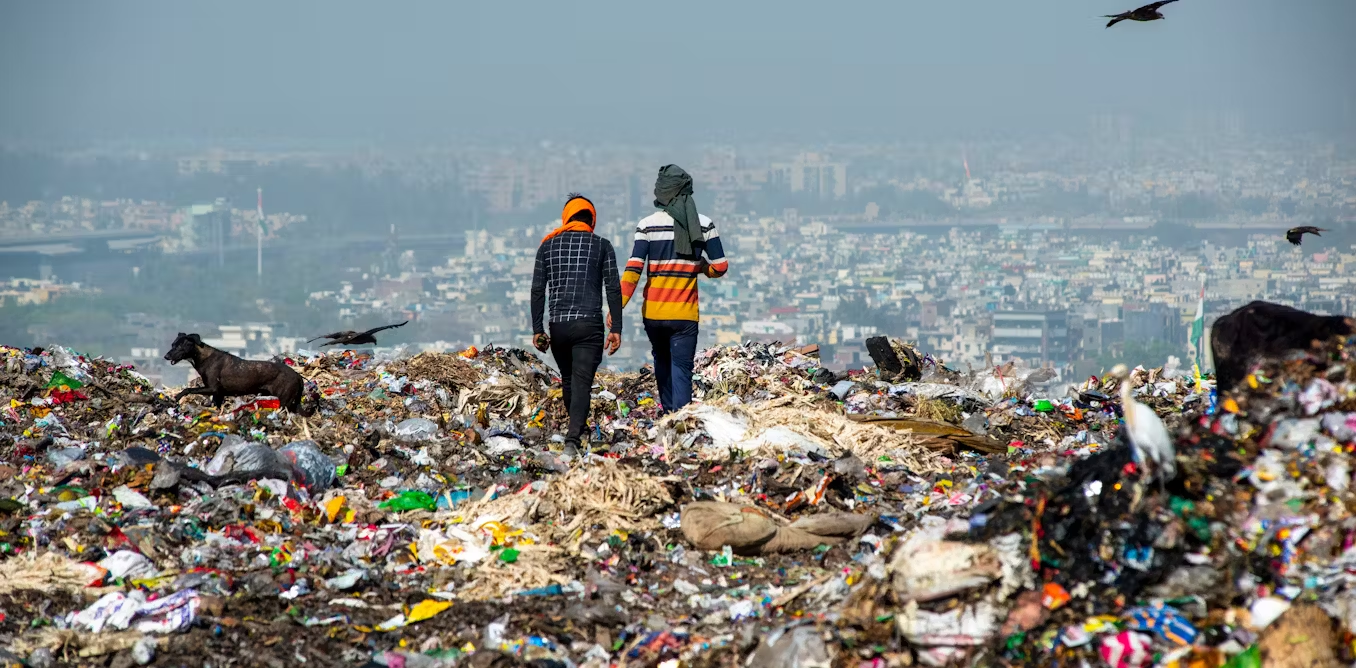
As global negotiators gather in Geneva to finalise the United Nations treaty aimed at ending plastic pollution, health professionals from Ghana and around the world are raising serious concerns over proposed exemptions for the healthcare industry.
In a powerful statement, a coalition of 48 million health workers and advocates—including the World Medical Association (WMA), Health Care Without Harm (HCWH), and the International Council of Nurses (ICN)—are calling on negotiators to remove healthcare-specific exemptions from the treaty’s Article 4.
They argue that doing otherwise would endanger patients and undermine environmental safety.
“Exempting healthcare sets a dangerous precedent,” said Will Clark of HCWH, adding that the medical sector’s vast plastic footprint contradicts its ethical duty to “do no harm.”
Healthcare systems globally produce more than 15 million tonnes of plastic waste annually—roughly the equivalent of seven shopping bags per hospital patient. These plastics release hazardous chemicals known to cause cancer, infertility, and chronic illness.
WMA President Dr. Ashok Philip voiced the urgency of the issue: “Physicians witness plastic’s health impacts daily.” Meanwhile, ICN CEO Howard Catton declared, “Protecting human health requires protecting the planet,” adding that nurses are demanding real accountability and change.
The coalition rejects Article 4 exemptions and instead supports binding provisions under Article 19 that promote safer materials, reusable medical devices, and non-toxic product designs.
They argue the healthcare sector should lead in sustainable innovation rather than be shielded from responsibility.
Without stricter regulations, the current draft treaty risks creating loopholes that allow ongoing use of dangerous, single-use plastics. Advocates fear this could expose frontline workers and patients to even greater health threats while weakening the treaty’s global impact.
HCWH, an official observer at the Geneva summit, intends to press negotiators to recognise the dual role of healthcare as both a contributor to pollution and a key agent of change in the fight against it.



